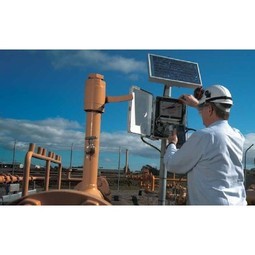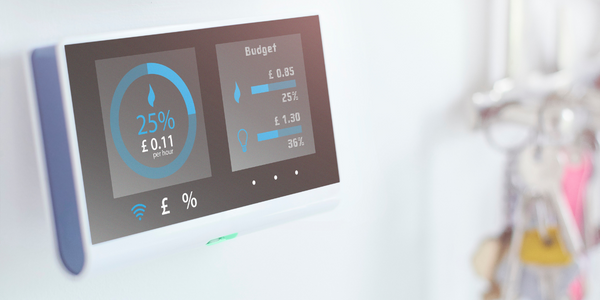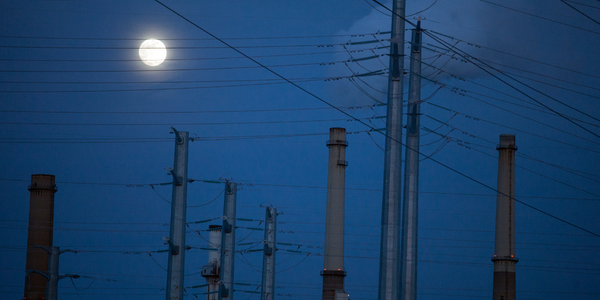公司规模
Large Corporate
地区
- Europe
国家
- Norway
产品
- IBM Resiliency Services
- Rittal Server and Power Modules
技术栈
- Datacenter Infrastructure
- Modular Datacenter
实施规模
- Enterprise-wide Deployment
影响指标
- Environmental Impact Reduction
- Cost Savings
技术
- 基础设施即服务 (IaaS) - 云计算
- 基础设施即服务 (IaaS) - 云存储服务
适用行业
- 电信
- 公用事业
适用功能
- 离散制造
- 物流运输
服务
- 云规划/设计/实施服务
- 系统集成
关于客户
Lefdal 矿场数据中心位于挪威崎岖的西北海岸深处。这座矿场曾是橄榄石的产地,橄榄石是一种用于铸造铝和钢的致密矿物。然而,过去几十年来,它一直处于空置状态。这座矿场由一群当地居民和农民所有,他们拥有矿场上方的土地。这座矿场规模庞大,一条螺旋形道路穿过岩石逐渐下降 150 米。这条螺旋形道路宽 14 米,连接着横跨六层的林荫大道。林荫大道外是穿过将容纳服务器的房间的街道。矿场的 75 个房间高 11 米至 18 米。每个房间都可以容纳多个集装箱,道路两侧各两个,堆叠三到四个高度,每个房间内通过一系列走道和楼梯连接。
挑战
挪威的莱夫达尔矿曾是橄榄石的产地,但几十年来一直处于空置状态。矿主是一群当地居民和农民,他们一直在寻找利用巨大地下空间的方法。将矿井改造成数据中心的想法大约在七年前出现。现有结构的自然安全性、挪威凉爽的气候和多余的水电使其成为绿色 IT 环境的理想地点。然而,将矿井改造成数据中心面临着一些挑战。其中包括需要可靠的绿色能源、高效的冷却系统以及可扩展且灵活的基础设施,以适应数据中心容量的快速增长。
解决方案
IBM 与 Lefdal Mine Datacenter 合作开发技术设计,并从一开始就为整个蓝图提供独立的质量保证。IBM 还为客户提供了矿井内数据和服务器保护的弹性服务。数据中心设计为由可再生能源供电,并由附近峡湾的水冷却。高密度岩石提供了天然的电磁干扰保护,唯一的入口点隐藏在山中,并由一系列钢门保护。数据中心采用模块化设计,服务器和电源模块由 Rittal 开发,仅需六周即可配备和安装。这些模块在德国制造,在集装箱中组装,经过预先认证和测试,可随时插入矿井的冷却和电源基础设施。
运营影响
数量效益

Case Study missing?
Start adding your own!
Register with your work email and create a new case study profile for your business.
相关案例.

Case Study
IoT Solutions for Smart City | Internet of Things Case Study
There were several challenges faced: It is challenging to build an appliance that can withstand a wide range of voltage fluctuations from as low at 90v to as high as 320v. Since the device would be installed in remote locations, its resilience was of paramount importance. The device would have to deal with poor network coverage and have the ability to store and re-transmit data if networks were not available, which is often the case in rural India. The device could store up to 30 days of data.

Case Study
Automation of the Oguz-Gabala-Baku water pipeline, Azerbaijan
The Oguz-Gabala-Baku water pipeline project dates back to plans from the 1970’s. Baku’s growth was historically driven by the booming oil industry and required the import of drinking water from outside of the city. Before the construction of the pipeline, some 60 percent of the city’s households received water for only a few hours daily. After completion of the project, 75 percent of the two million Baku residents are now served around the clock with potable water, based on World Health Organization (WHO) standards. The 262-kilometer pipeline requires no pumping station, but uses the altitude differences between the Caucasian mountains and the capital to supply 432,000 m³/d to the Ceyranbatan water reservoir. To the people of Baku, the pipeline is “the most important project not only in 2010, but of the last 20 years.”

Case Study
GPRS Mobile Network for Smart Metering
Around the world, the electricity supply industry is turning to ‘smart’ meters to lower costs, reduce emissions and improve the management of customer supplies. Smart meters collect detailed consumption information and using this feedback consumers can better understand their energy usage which in turn enables them to modify their consumption to save money and help to cut carbon emissions. A smart meter can be defined in many ways, but generally includes an element of two-way communication between the household meter and the utility provider to efficiently collect detailed energy usage data. Some implementations include consumer feedback beyond the energy bill to include online web data, SMS text messages or an information display in consumers’ premises. Providing a cost-effective, reliable communications mechanism is one of the most challenging aspects of a smart meter implementation. In New Zealand, the utilities have embraced smart metering and designed cost effective ways for it to be implemented. The New Zealand government has encouraged such a move to smart metering by ensuring the energy legislation is consistent with the delivery of benefits to the consumer while allowing innovation in this area. On the ground, AMS is a leader in the deployment of smart metering and associated services. Several of New Zealand’s energy retailers were looking for smart metering services for their residential and small business customers which will eventually account for over 500,000 meters when the multi-year national deployment program is concluded. To respond to these requirements, AMS needed to put together a solution that included data communications between each meter and the central data collection point and the solution proposed by Vodafone satisfied that requirement.

Case Study
NB-IoT connected smart meters to improve gas metering in Shenzhen
Shenzhen Gas has a large fleet of existing gas meters, which are installed in a variety of hard to reach locations, such as indoors and underground, meaning that existing communications networks have struggled to maintain connectivity with all meters. The meter success rate is low, data transmissions are so far unstable and power consumption is too high. Against this background, Shenzhen Gas, China Telecom, Huawei, and Goldcard have jointly trialed NB-IoT gas meters to try and solve some of the challenges that the industry faces with today’s smart gas meters.

Case Study
OneWireless Enabled Performance Guarantee Test
Tata Power's power generation equipment OEMs (M/s BHEL) is required to provide all of the instrumentation and measurement devices for conducting performance guarantee and performance evaluation tests. M/s BHEL faced a number of specific challenges in conducting PG tests: employing high-accuracy digital communications for instrumentation, shortening setup and dismantling time, reducing hardware required, making portable instrument setup, avoiding temporary cabling work and the material waste costs

Case Study
British Gas Modernizes its Operations with Innovative Smart Metering Deployment
The UK government has mandated that smart meters are rolled out as standard across Great Britain by end of 2020, and this roll-out is estimated to create £14 billion in net benefits to the UK in consumer energy savings and lower energy generation demand, according to the Oxford Economics report, “The Value of Smart Metering to Great Britain.” While smart-metering systems have been deployed in many countries, the roll-out in Great Britain is unique because it is led by energy retailers, who have responsibility for the Electricity and Gas meters. The decision to have a retailer-led roll out was made by DECC (Department of Energy and Climate Change) to improve customer experience and drive consumer benefits. It has also led to some unique system-level requirements to support the unique local regulatory model.



